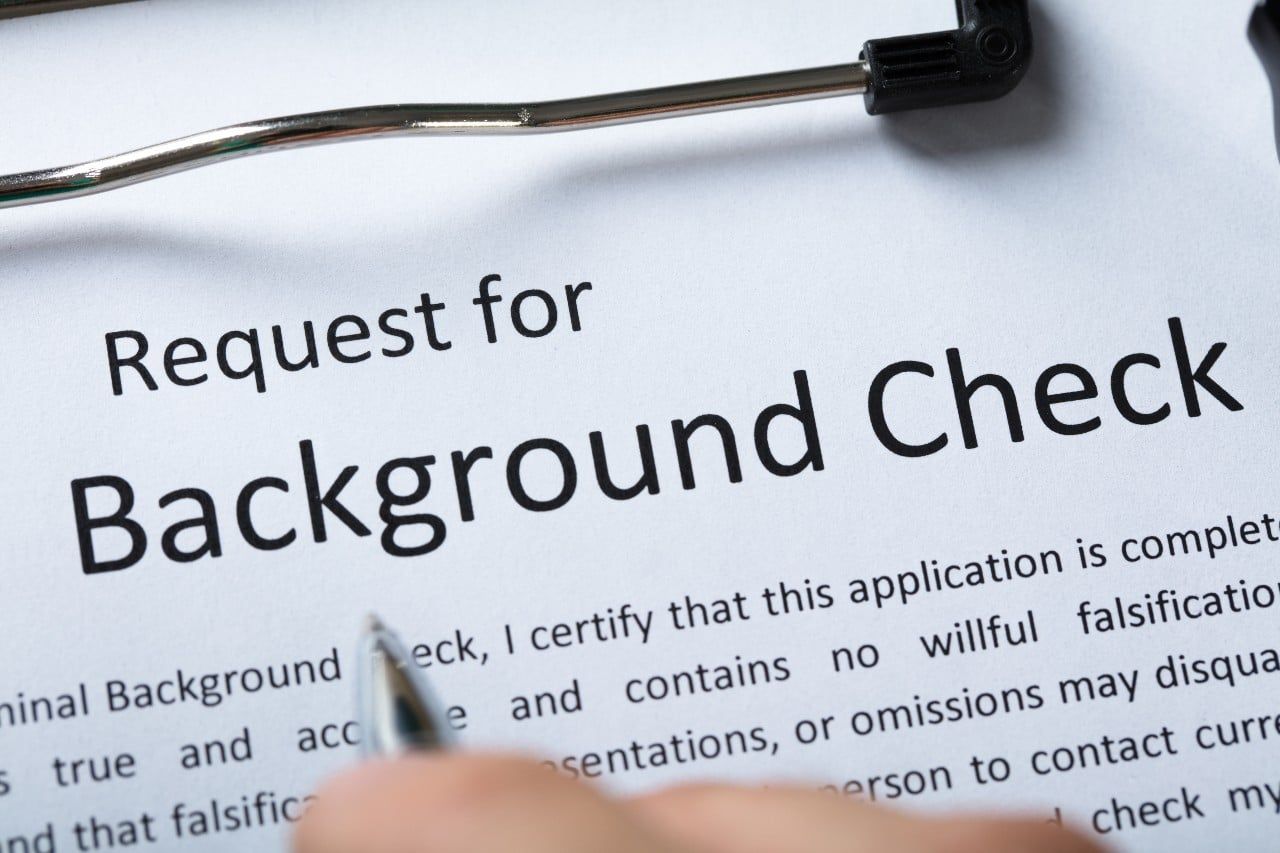
A woman from Florida has begun a TCPA class action lawsuit over alleged Uber text message spam.
Plaintiff Valerie Moore says ride hailing company Uber has made a practice of sending automatically generated text messages without the recipients’ consent.
“By transmitting these unauthorized text message calls . . . , Defendant has violated consumers’ statutory and privacy rights and has caused consumers actual harm,” the Uber text spam class action lawsuit says.
Moore says the actual harm caused by Uber text message spam comes in the form of SMS message charges each user must pay their phone service provider for each text message they receive.
Alternatively, users suffer a deduction from their allocation of text messages allowed in exchange for a flat fee, the Uber lawsuit says.
The unwanted messaging also allegedly causes loss of storage space on the mobile device that receives it, as well as “invasion of privacy; nuisance; and lost time tending to and responding to the unsolicited text messages.”
Plaintiffs Hope TCPA Can Stop Uber Text Message Spam
Moore brings her claims under the federal Telephone Consumer Protection Act, or TCPA. This act was originally passed in the pre-mobile phone days of 1991, to curb unwanted telemarketing calls to land lines.
Subsequent amendments by Congress and interpretations by the Federal Communications Commission now apply parts of the act to communications sent to mobile devices.
Generally, the TCPA forbids calls made to mobile phones using an automated telephone dialing system, unless the initiator of the call has gotten the recipient’s prior express consent to be contacted that way. The FCC has clarified that this prohibition extends to SMS text messages as well.
In her TCPA lawsuit, Moore alleges she received Uber text message spam on dozens of occasions, beginning in June 2014. That was when she says she began filling out an online application to become an Uber driver.
She says she never completed the application. However, she specifically recalls that at no point in her incomplete application did she provide express consent, in writing or otherwise, to receive automatically generated text messages.
Uber then began contacting her with text messages, she claims. Some offered her help completing her application; others offered to get her in touch with a local Uber agent, she says. She claims she sometimes received multiple messages in a single day.
Moore says she tried texting “stop” to a particular number in October 2014, and the influx of messages stopped after that. But the next month, she says, the messages started coming in again.
Moore says she responded to the unwelcome messages, asking the company not to send her any more Uber text message spam. But even after that, the messages kept coming, she alleges.
She seeks to represent a plaintiff Class consisting of all persons within the U.S. to whom Uber sent an unconsented, non-emergency text message on their mobile phone using an automated telephone dialing system.
She expects this class will be composed of “hundreds, if not thousands, of individuals nationwide.”
Moore seeks an award of between $500 and $1,500 in statutory damages for each text message that violates the TCPA. She also wants a court order forbidding Uber from continuing the practices complained of.
The Uber Text Message Spam Class Action Lawsuit is Valerie Moore v. Uber Technologies Inc., Case No. 3:16-cv-03870 in the U.S. District Court for the Northern District of California.
Join a Free Uber Text Message Class Action Lawsuit Investigation
If you have received unwanted or unsolicited text messages from Uber, you may be eligible to participate in a free Uber class action lawsuit investigation.
ATTORNEY ADVERTISING
Top Class Actions is a Proud Member of the American Bar Association
LEGAL INFORMATION IS NOT LEGAL ADVICE
Top Class Actions Legal Statement
©2008 – 2025 Top Class Actions® LLC
Various Trademarks held by their respective owners
This website is not intended for viewing or usage by European Union citizens.














